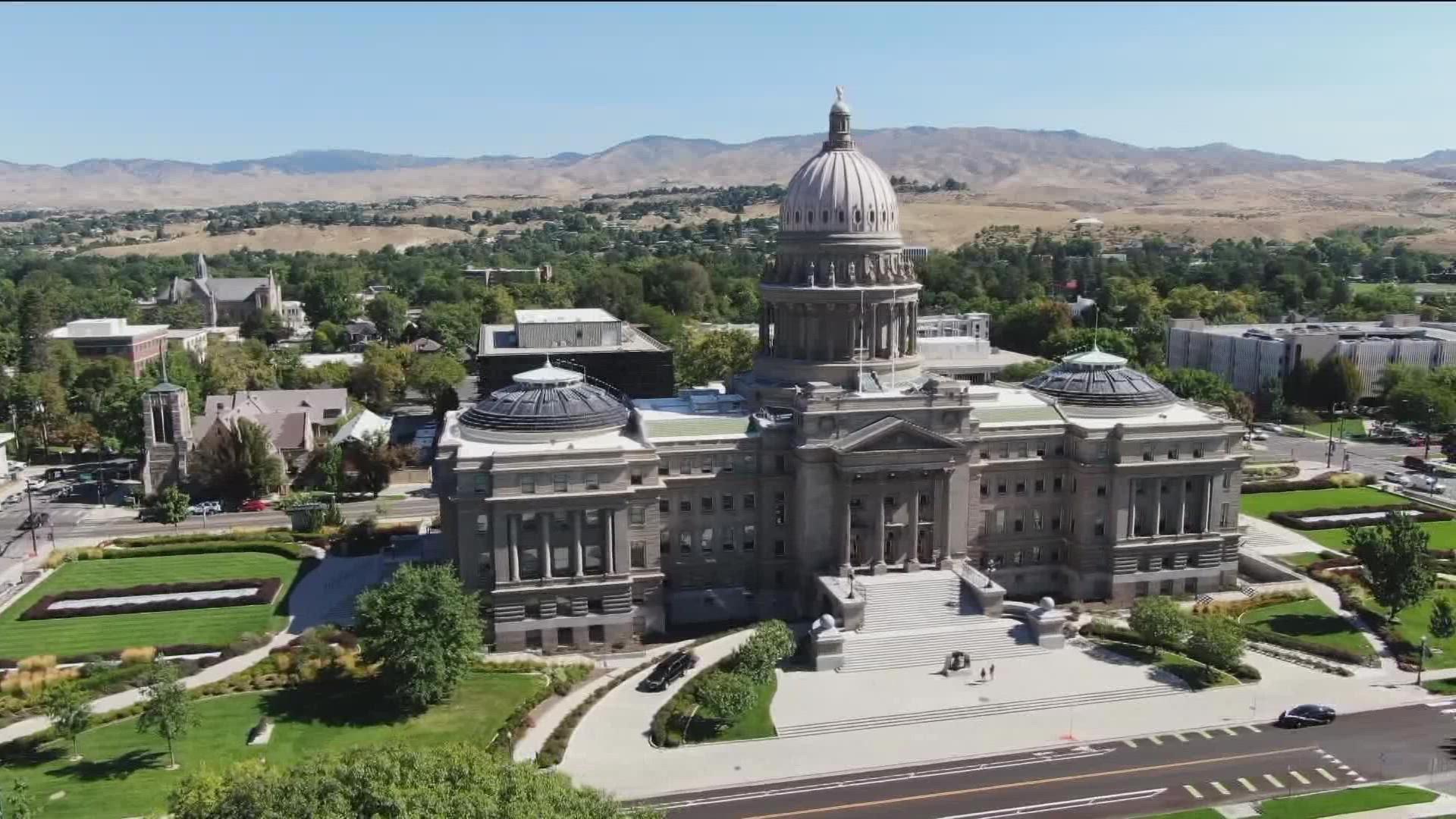BOISE, Idaho —
This story originally appeared in the Idaho Press.
The state of Idaho and the U.S. Department of Justice will face off in court Aug. 22 over the DOJ’s legal challenge to Idaho’s far-reaching anti-abortion “trigger” law.
The Department of Justice filed suit against Idaho on Aug. 2, charging that the 2020 “trigger” law, which makes all abortions in Idaho felonies except for narrow exceptions in cases of rape, incest or to prevent the death of the mother, violates federal laws guaranteeing emergency medical treatment. It was the first major federal challenge to a state trigger law after the U.S. Supreme Court’s June decision to overturn Roe v. Wade, the landmark 1973 ruling that established a constitutional right to abortion nationwide.
Idaho’s trigger law is currently set to take effect Aug. 25, 30 days after the formal judgment was entered to enact the high court’s June decision. In a separate state lawsuit, the Idaho Supreme Court is currently weighing whether or not to block the law from taking effect while it’s challenged in state court.
In the federal lawsuit, U.S. District Judge B. Lynn Winmill held an informal status conference with the parties and established a briefing and hearing schedule. The United States will file its motion for injunctive relief by the end of Monday. The state will file its response by Aug. 16.
Following that, the U.S. will file a reply brief by noon on Aug. 19, and then the parties will meet in court for a hearing on the motion on Aug. 22.
U.S. Attorney General Merrick Garland held a press conference on Aug. 2 to announce the lawsuit filing, and said, “We will use every tool at our disposal to ensure that pregnant women get the emergency medical treatment to which they are entitled under federal law. And we will closely scrutinize state abortion laws to ensure that they comply with federal law.”
Both Idaho Gov. Brad Little and Idaho Attorney General Lawrence Wasden last week decried the filing of the federal lawsuit, with Little calling it “federal meddling” and Wasden calling it “unnecessary” and “politically motivated.”
Wasden maintained that rather than filing suit, the federal government could have worked with Idaho to “reconcile” the Idaho trigger law with the federal Emergency Medical Treatment and Labor Act, which requires emergency care to be provided by hospitals that receive Medicare funding.
The trigger law would create an affirmative defense for doctors accused of performing abortions in cases of rape or incest in which a police report was provided to the doctor, or to prevent the death of the mother other than by suicide. All other abortions in Idaho, at any stage of pregnancy, would be felonies.
It is one of three far-reaching anti-abortion laws in Idaho currently being challenged at the Idaho Supreme Court in lawsuits filed by Planned Parenthood.
This story originally appeared in the Idaho Press. Read more at IdahoPress.com
Watch more Local News:
See the latest news from around the Treasure Valley and the Gem State in our YouTube playlist:

